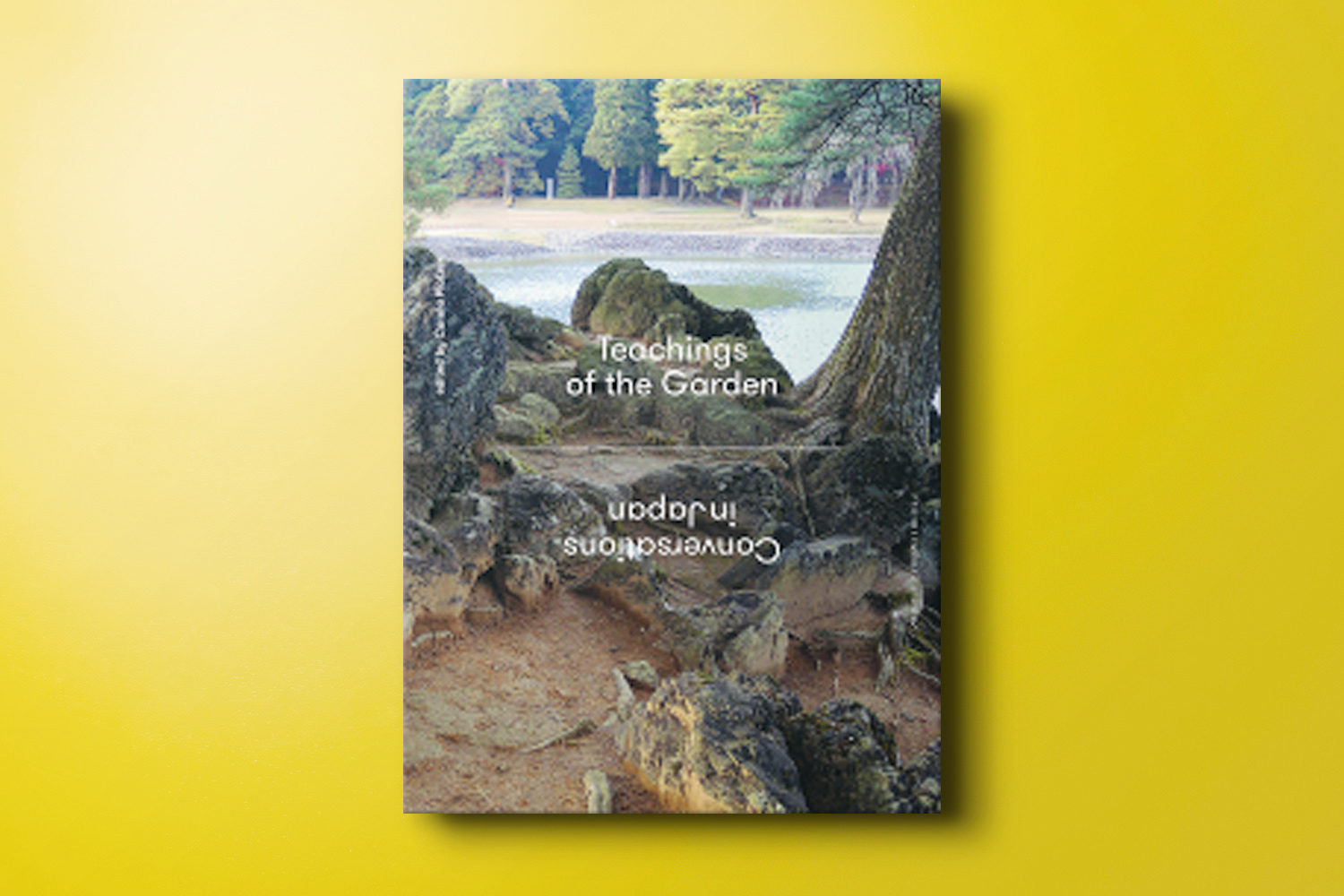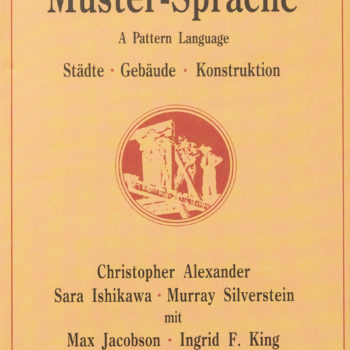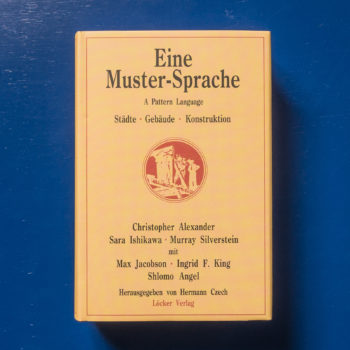In contemplating Japanese gardens, it becomes clear that these cannot be viewed as isolated from other arts or social processes. Within them, approaches of the most different provenances connect, all of which seek to achieve a balanced arrangement of the elements which comprise the spiritual and physical worlds. Thus, the Japanese garden appears as neither wholly contemplative nor purely aesthetic, but rather as a social compendium that might tell of the order which is underlying a society. The garden is a Gesamtkunstwerk, as well as an applied philosophy.
An eleventh-century Japanese gardening manual was the origin of Carola Platzek’s studies which explore the history of Japanese gardens. The essence of the Sakuteiki prevails today: the precise observation of nature in order to design a garden according to its surroundings. The Viennese cultural researcher and art historian converses with gardeners, garden historians, academics and researchers, as well as Buddhist and Shintō priests; to illuminate how they work with traditional and modern concepts which inform garden arrangement and design in Japan. The book introduces the reader to these fascinating concepts and their interconnections, which include: orientational principles such as the theories of harmony and spatial consciousness; the five elements and the four cardinal points; aesthetic paradigms as formulated in the Way of Tea, or in the genre of the Eight Views; and waka and haiku poetry.
Conversations with Hiromasa Amasaki, Makoto Akasaka, Myōkyū Fujisato, Kenji Kaji, Tomoki Kato, Yasuhiko Mitani, Masatoshi Nishiyama, Eiichi Noda, Syuchi Oguni, Keiko Torigoe, Zentarō Yagasaki
Translated from German to English by Sophie Gertrude Strohmeier









